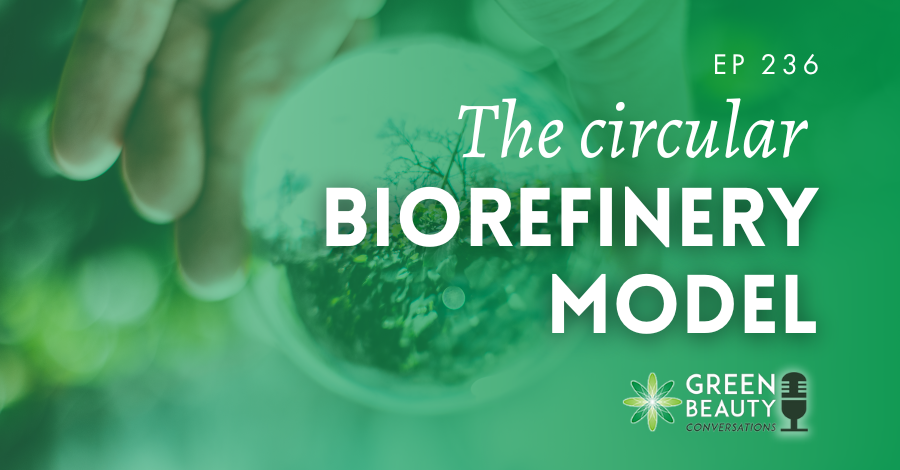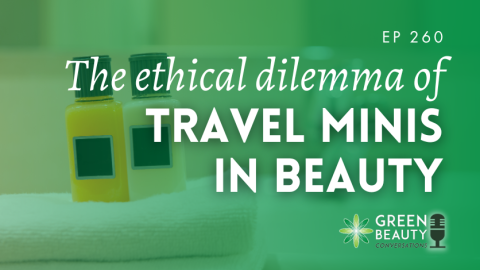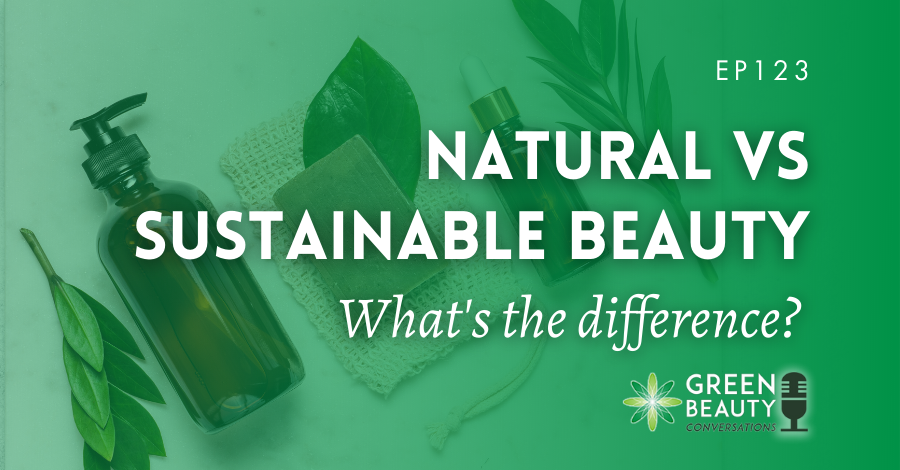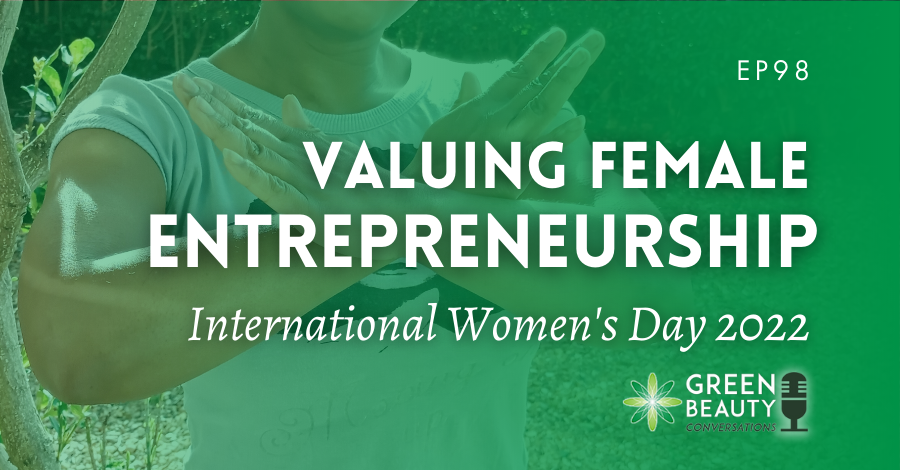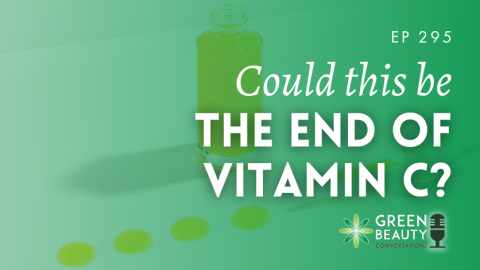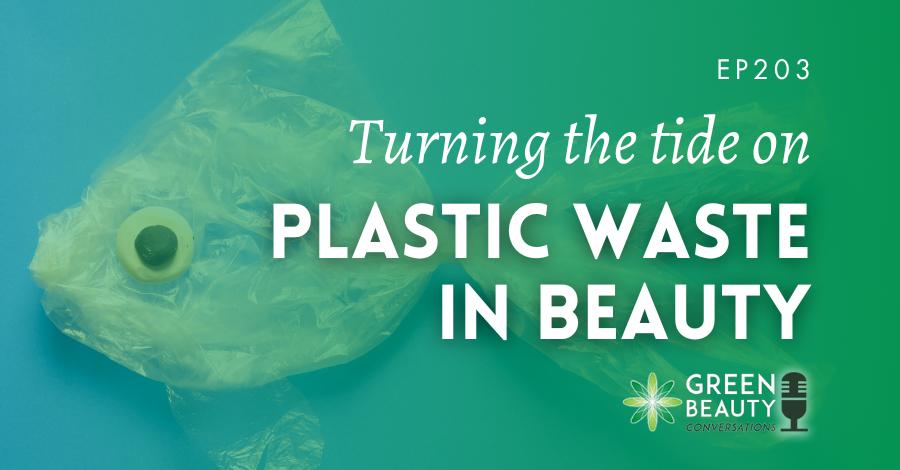Have you ever wondered how the beauty industry can become more sustainable? The circular biorefinery model might hold the key. This revolutionary approach maximises using natural resources while minimising waste.
And in this episode of Green Beauty Conversations, you’ll discover how some of the most innovative cosmetic ingredient suppliers are transforming raw materials into a treasure trove of products.
Last week, we explored the fascinating world of seaweed with Catarina Ricca of Ínclita Seaweed Solutions.
This week, Lorraine Dallmeier, Chartered Environmentalist, Biologist, and CEO of Formula Botanica, guides you through the transformative journey of the circular biorefinery model in the beauty industry.
Imagine a world where every part of a plant is utilised to its fullest potential, turning what could be waste into essential beauty products. This is the promise of the circular biorefinery model, and it’s changing the beauty game.
Whether you’re a natural formulator, a conscious consumer, or simply curious about the future of sustainable beauty, this episode is for you.
“By using the circular biorefinery model, we’re not just creating products; we’re honouring every part of the plant, making the most of its potential, and leading the beauty industry toward a more sustainable future.” — Lorraine Dallmeier
Key Takeaways
- Understanding the circular biorefinery model: The biorefinery model actively utilises every part of the plant through sustainable processing. Instead of extracting a single ingredient, it fully processes biomass, transforming potential waste into valuable products like fertilisers or energy.
- Real-world applications: Companies like Ínclita Seaweed Solutions and O&3 are applying the biorefinery model to create multiple products from single raw materials. This increases the economic value of each ingredient and reduces environmental impact.
- Challenges and innovations: Implementing the biorefinery model requires significant technological and infrastructure investments. Many traditional processes don’t support this level of sustainability, and transitioning to a circular model can be complex. However, the benefits outweigh the challenges.
- The role of consumers and formulators: As a formulator, sourcing ingredients from companies that embrace circularity can enhance your product’s sustainability credentials. For consumers, choosing brands that prioritise upcycling and transparency can drive demand for more sustainable beauty products.
- The future of the beauty industry: The circular biorefinery model represents a significant shift in the beauty industry. This model is not just a trend. It’s a fundamental change that could redefine the future of beauty.
Thank you for joining us for this episode of the Formula Botanica Green Beauty Conversations podcast. If you enjoyed listening, please share, subscribe and review this episode on Apple Podcasts, Spotify or YouTube so that more people can enjoy the show. Don’t forget to follow and connect with us on Facebook and Instagram.
Leave us a comment
Lorraine Dallmeier is a Biologist, Chartered Environmentalist and the CEO of Formula Botanica, the award-winning online organic cosmetic science school. Read more about Lorraine and the Formula Botanica Team.

